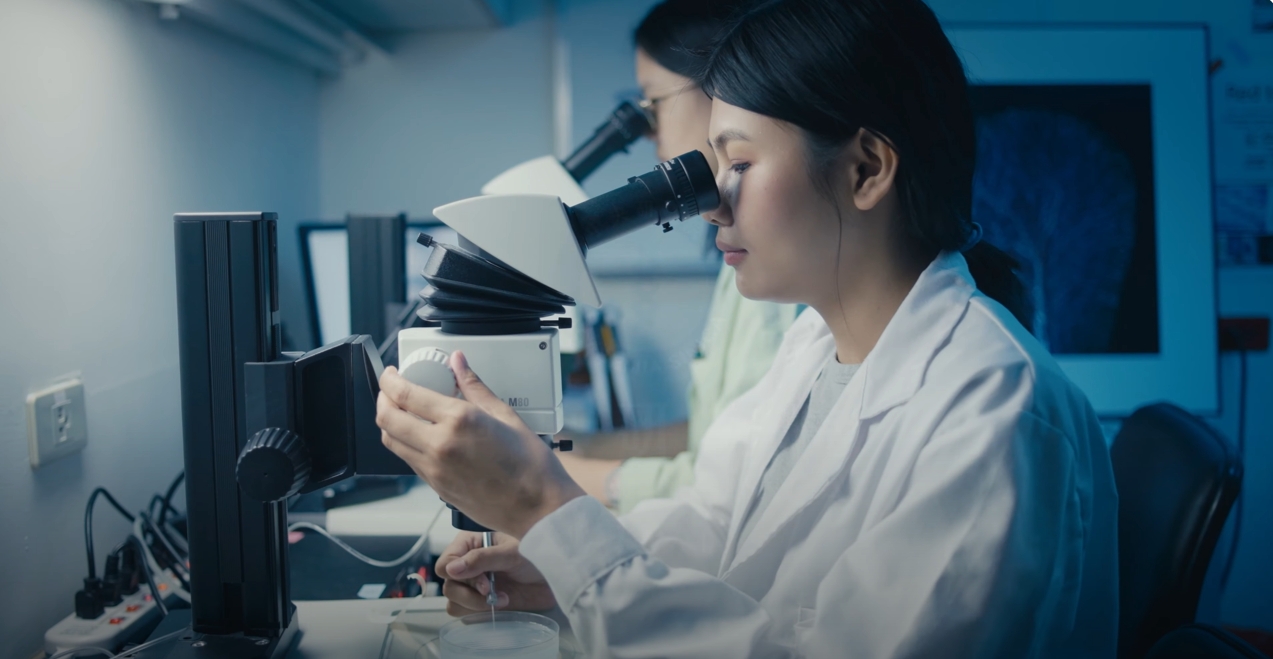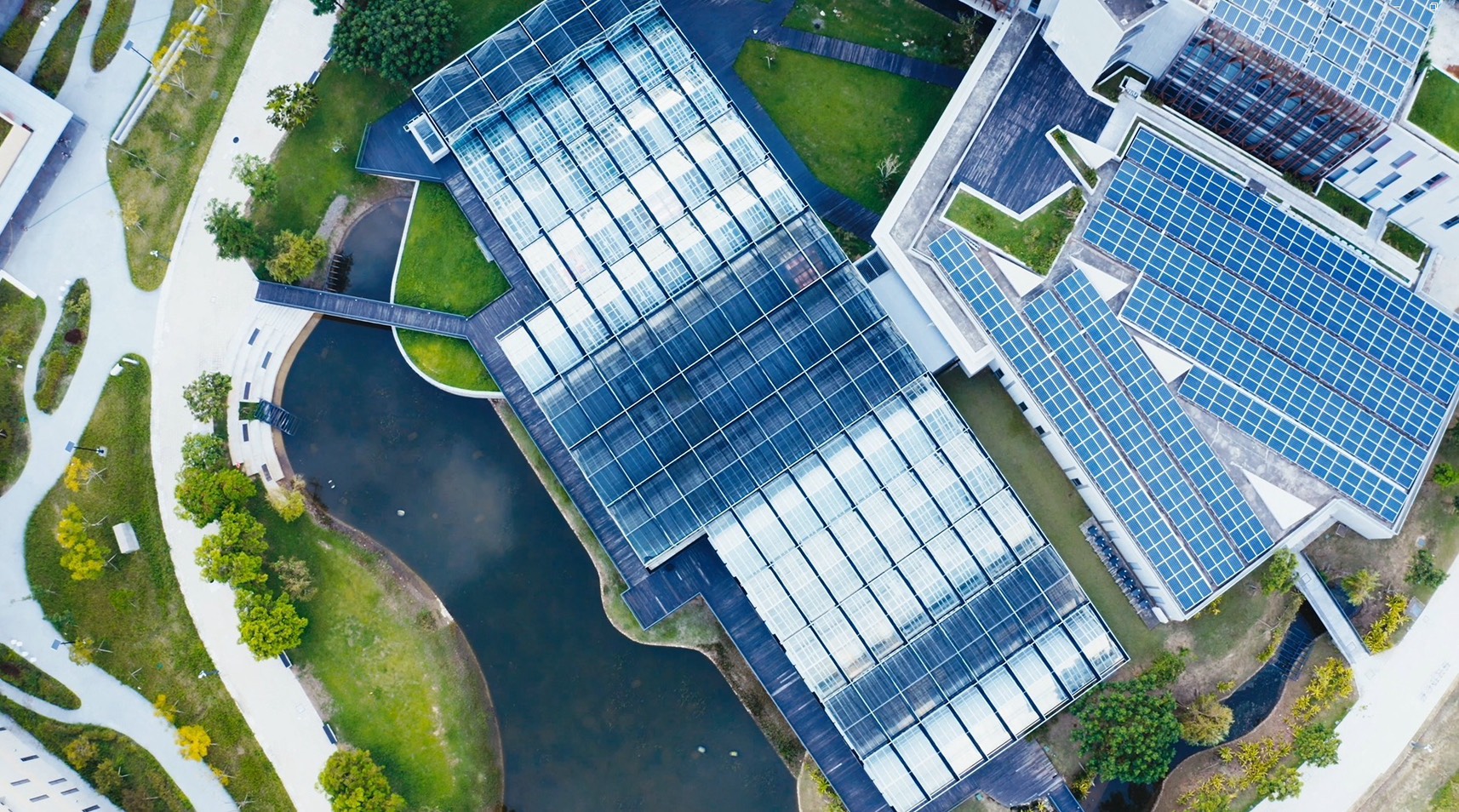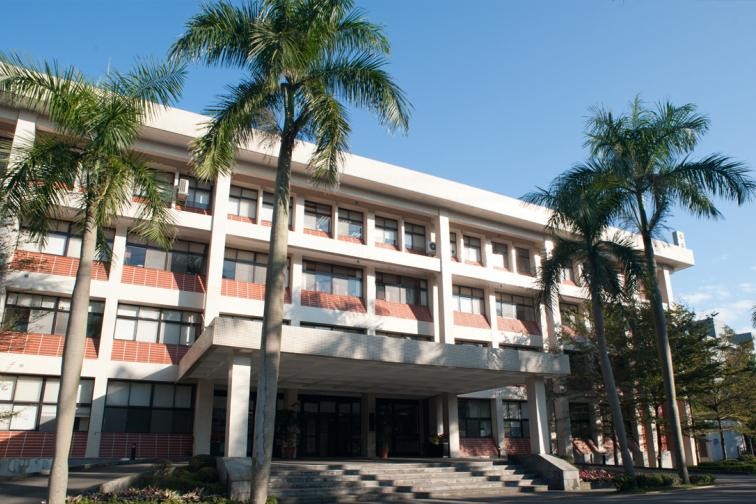- 演講或講座
- 生物醫學科學研究所
- 地點
生醫所地下室B1C演講廳
- 演講人姓名
于君 博士 (香港中文大學)
- 活動狀態
確定
- 活動網址
The gut microbiome and its role in carcinogenesis is a rapidly evolving research field. We have revealed the multi-kingdom alterations of gut microbiota in CRC and identified the oncogenic effects of specific CRC-enriched microbes, including P. anaerobius (Gastro 2017b, Nat Microbiol 2019), A. rambellii (Gastro 2022a), P. stomatis (Cell Host Microbe 2024). These microbes promote CRC via director binding to host cell surface protein to activate oncogenic pathways (Nat Microbiol 2024). For clinical translation, we discovered CRC-depleted bacteria (i.e. S. thermophilus, L. gallinarum, C. maltaromaticum) that are capable of producing anti-CRC enzymes or metabolites (Gastro 2021b, Gut 2022b, Cancer Cell 2023). For CRC screening, we pioneered the use of fecal microbes (e.g. Lachnoclostridium sp., F. nucleatum) or metabolites as non-invasive markers for the detection of colorectal adenoma and cancer (Gut 2017a, Gut 2017b, Clin Cancer Res 2017, Gut 2019, Cancer Cell 2024a). For immunotherapy, we identified R. intestinalis generated butyrate boosts anti-PD-1 efficacy in CRC by activating cytotoxic CD8+ T cells (Gut 2023a) and L. gallinarum boosts anti-PD1 efficacy by inhibiting regulatory T cells through modulating IDO1/Kyn/AHR axis (Gut 2023b). Moreover, F. nucleatum facilitates anti-PD-1 therapy in MSS CRC (Cancer Cell 2024b). In gastric cancer, we revealed the alterations of mucosa-associated bacteriome across stages (Gut 2018) and identified specific bacteria that are associated with persistent inflammation, gastric atrophy or intestinal metaplasia after eradication of H. pylori (Gut 2020). In particular, we identified a novel pathogen S. anginosus gavage in mice leads to cascade of time-dependent pathological events starting with gastritis, atrophy and eventual progression to metaplasia and low-grade dysplasia, and accelerated gastric tumorigenesis (Cell 2024a). These findings collectively provide new insights for the function, mechanism and clinical translation of gut microbiota in cancers (Yu J etc, Nat Rev Gastrolenterol and Hepatol 2019, 2023; Nat Rev Gastroenterol Hepatol, 2023; Cell 2024b).









 首頁
首頁

